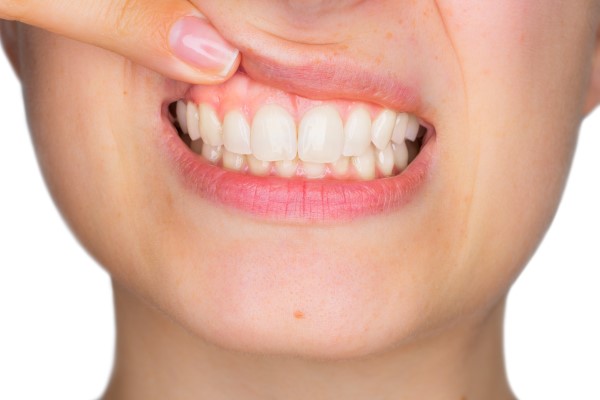How to Alleviate Tooth Pain

Nobody wants to have to deal with
tooth pain, but it is also one of those things most people have to endure from time to time. Toothaches are generally caused by trauma, tooth decay, or some other oral health issue.
The best way to guarantee that a toothache goes away, and stays away, is by visiting a dentist as soon as possible. That way, the oral professional can address whatever issue is leading to the pain immediately.
Understanding tooth pain
When a person's body experiences pain, warning signals are sent to the brain letting the person know something is wrong. Toothaches can be particularly painful since the region the pain signals are coming out is very close to the brain, leading to a stronger more intense pain a person feels.
Any remedy a person decides to use to alleviate toothaches is only temporary. The pain will surely return until the issue causing the toothache in the first place is directly addressed.
The dental issues that often lead to tooth problems can be caused by severe matters like damaged fillings, tooth decay, fractures, infections, or a broken tooth. These dental issues can quickly lead to more severe health issues if proper treatment is not received promptly. For example, an infected tooth will eventually reach the patient's bloodstream, which gives the bacteria access to vital organs like the brain and heart. Infection of these organs can be fatal.
Get relief while waiting to visit the dentist
Getting to a dentist immediately is the best way to deal with toothaches, but that is not always possible when one has a busy schedule. Here are a few things that can be done to help reduce the pain associated with toothaches:
- Use a cold compress to reduce inflammation by applying it to the cheek closest to the source of the pain
- Take over-the-counter painkillers
- Rinse the area with salt water
- Use a hot pack to reduce inflammation
- Drink peppermint tea
Of course, not all toothaches are equal. If there is pus coming out of the source of pain, that is a sign of an infection. It requires an emergency visit to the dentist. Common symptoms of a tooth infection include:
- Swollen or reddish gums
- Feeling feverish
- Red bumps in the mouth
- Pus or blood coming from the tooth
- Persistent, throbbing pain
- An unpleasant taste coming from the tooth
- A swollen jaw or face
How tooth pain can be stopped
Toothache pain can be overcome by two things: reducing the inflammation and interrupting the signals being sent to the brain. Inflammation can also be helped by applying a hot or cold pack to the cheek closest to the site of the pain.
Inflammation can also be reduced by taking certain anti-inflammatory medications like ibuprofen. Patients should follow the recommendations listed on the product label. There are also a wide variety of over-the-counter toothache gels and solutions that can help alleviate the pain associated with toothaches. Products that contain clove oil are particularly useful.
Are you dealing with a toothache? Contact us today!
Schedule an appointment with one of our dentists and address the cause. We can help in getting a resolution to your pain, and find out what is causing the pain.
Call (512) 808-5651 today to reach Austin Primary Dental.
Recent Posts
When you have a dental emergency, the first thing you should do is call an emergency dentist. An emergency dentist is trained and experienced in handling dental emergencies. Dental emergencies can be debilitating and even life-threatening.Many dentists now offer emergency dental treatments in addition to their regular dental treatments. If there is a dental emergency,…
An emergency dentist can fix you right up when dental emergencies occur. Serious injuries to the mouth clearly require emergency treatments, but other seemingly less serious dental problems might leave you wondering if you need an emergency dentist.This article will explore some common injuries that need immediate dental treatment:One of the most common reasons why a…
Do you need an emergency dentist? The best way to deal with a dental emergency is to prevent it from occurring in the first place. Although emergency dentists offer services when urgent dental care is needed, they also strive to help patients prevent emergencies from happening through good oral hygiene, wearing a mouthguard, and avoiding…
An avulsed tooth is a serious dental problem that should be addressed by an emergency dentist. Emergency dentists are great resources to make use of when something serious happens within the mouth, and an avulsed tooth is certainly such a situation.Want to know how an emergency dentist can save an avulsed tooth? Keep reading to…
 Nobody wants to have to deal with
Nobody wants to have to deal with 
